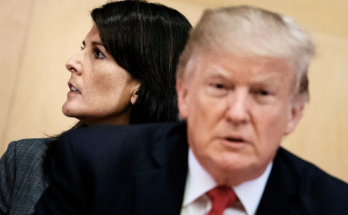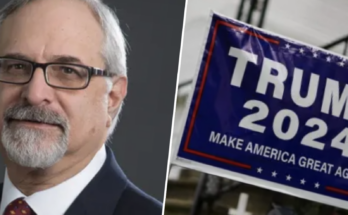In a recent interview with Tucker Carlson, Elon Musk pitched a radical vision for restructuring the federal government. His proposal to cut nearly 80% of the federal agencies resonated with many Americans fed up with the inefficiencies of the Democrat-led White House.
“Do we really need… 428 federal agencies? I think we should be able to get away with 99 agencies,” Musk stated, advocating for a streamlined approach to governance.
Musk’s assertion highlights a pressing concern regarding government redundancy and inefficiency. He emphasized that many federal agencies operate with overlapping responsibilities, contributing to a bloated bureaucracy that fails to serve the American people effectively. His experience at X (formerly Twitter) is a prime example of how significant cuts can help functionality.
“We cut 80% of the people, but functionality improved,” he pointed out, suggesting that a similar approach could yield positive results within the federal government.
This perspective aligns closely with a proposal made by former President Donald Trump, who suggested forming an “Efficiency Commission” headed by Musk. In a speech at the Economic Club of New York, Trump emphasized the need for an audit of the federal government. “This commission will conduct a complete financial and performance audit of the entire federal government,” he stated, underlining the urgency of addressing waste and inefficiency.
The idea of an Efficiency Commission reflects growing frustrations with Congress and its perceived inability to rein in government waste.
For Veronique de Rugy, this initiative could step in where “our delinquent legislators are asleep on the job.” The commission aims to bring accountability to a system that often seems disconnected from the realities faced by everyday Americans.
Musk’s and Trump’s definitions of efficiency diverge in some aspects. While both agree on reducing waste, Musk’s vision extends beyond simply cutting funding. He argues that a streamlined government should not subsidize private sector activities, a position he believes would lead to better resource allocation.
The reliance on federal funding can create a cycle of irresponsible policymaking, as local governments may become less accountable to their constituents. These funding programs can misallocate resources and undermine democratic control, ultimately leading to larger deficits that burden taxpayers.
Trump has committed to a swift action plan aimed at eliminating fraud and improper payments within the first six months of the commission’s establishment. He stated that this will save trillions of dollars. However, this claim has drawn skepticism from various analysts, who question whether the budget can truly be balanced by solely addressing fraud.
According to government reports, agencies made an estimated $236 billion in improper payments in the last fiscal year, highlighting the urgency of reform. The cumulative total of improper payments has reached a staggering $2.7 trillion since 2003, underscoring the extent of the problem. Alarmingly, a small number of major federal programs account for a large percentage of these improper payments.
The scale of these inefficiencies presents a compelling case for an Efficiency Commission led by Musk. With both Musk and Trump advocating for significant reforms, there is potential for meaningful change in how the federal government operates. Their combined efforts could transform a system burdened by bureaucracy into a more efficient, accountable entity.
The proposed commission could create a government that prioritizes the needs of its citizens by focusing on reducing waste and fraud.
The collaboration between Musk and Trump signifies a shift in how conservatives view government reform. By tackling the issue of inefficiency head-on, they aim to redefine what it means to serve the American people effectively. The potential outcomes of this initiative could set a new precedent for government accountability.
As the conversation around government efficiency continues to evolve, the implications of Musk’s proposals warrant close attention. If successful, this initiative could not only save taxpayer money but also restore faith in the federal government’s ability to operate efficiently and transparently.



